ESA responds to the WHO European Work Program 2020-2025
The European Sepsis Alliance (ESA) welcomes the WHO European Work Program (EWP) 2020-2025 and believes that the program’s priorities respond to the main challenges that society is facing and that need a strong and globally coordinated response. We thank the WHO Europe Office for the opportunity to comment on the document and wish the WHO Regional Director for Europe, Dr. Kluge and his team much success in the coming years. The ESA is keen to support the EPW 2020-2025 with our pool of experts with different medical backgrounds from all over Europe.
The COVID-19 crisis reminds us that infectious diseases and sepsis present a major global health threat. It is important to note that from 2 to 5% of patients with COVID-19, and as many as 25-50% of those hospitalized, develop complications such as sepsis and septic shock, tragically contributing to the already enormous burden of deaths from sepsis. Sepsis affects yearly between 47 and 50 million people worldwide and causes 11 million deaths[1]. According to the latest estimates, sepsis affects around 3,4 million Europeans and causes almost 700.000 deaths yearly[2], the majority of which is preventable. Sepsis care must be part of standard infectious disease and pandemic response.
Therefore, ESA suggests including under Core priority 2, point 2. “Enhance country preparedness and response capacity”, national infection management plans, that would include sepsis prevention, diagnostic and treatment, as already recommended by the 2017 WHA Resolution 70.7 on sepsis.
Regarding core priority 3, point 3 “Safer health care”, ESA suggests including the promotion of early recognition systems, standardized emergency treatments, and allocation of necessary resources to prevent and treat sepsis.
You can consult ESA’s full response to the public consultation below.
[1] Global, regional, and national sepsis incidence and mortality, 1990–2017: analysis for the Global Burden of Disease Study – The Lancet
[2] Mellhammar L, Wullt S, Lindberg Å, Lanbeck P, Christensson B, Linder A. Sepsis Incidence: A Population-Based Study. Open Forum Infect Dis. 2016;3(4):ofw207. Published 2016 Dec 8. doi:10.1093/ofid/ofw207

